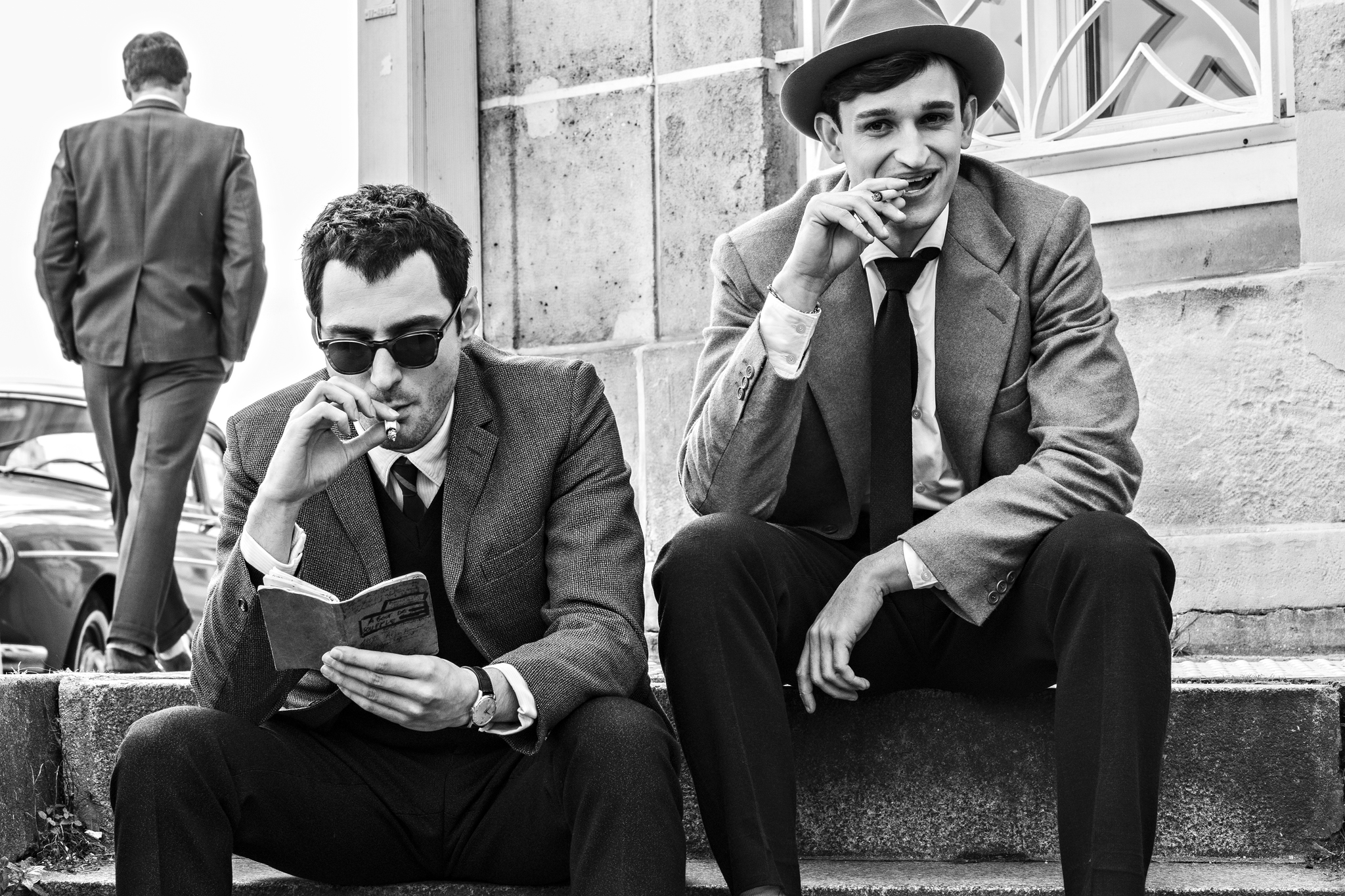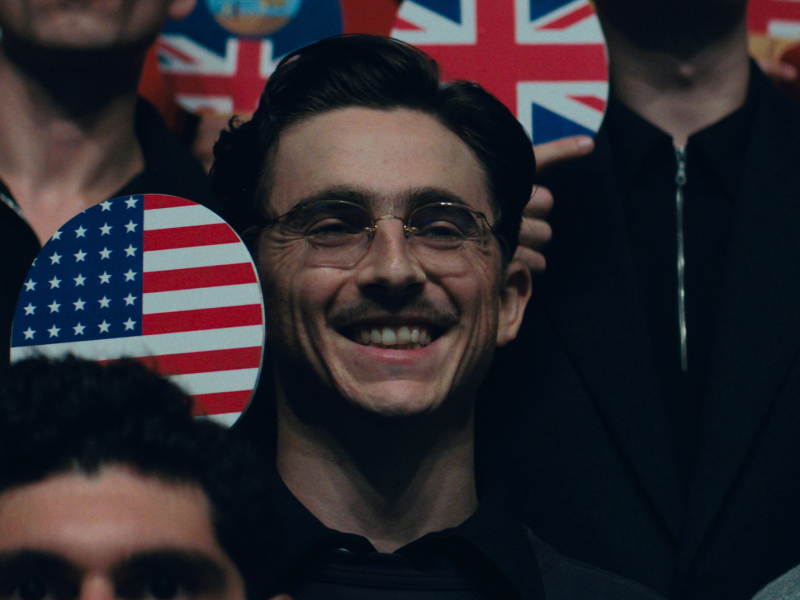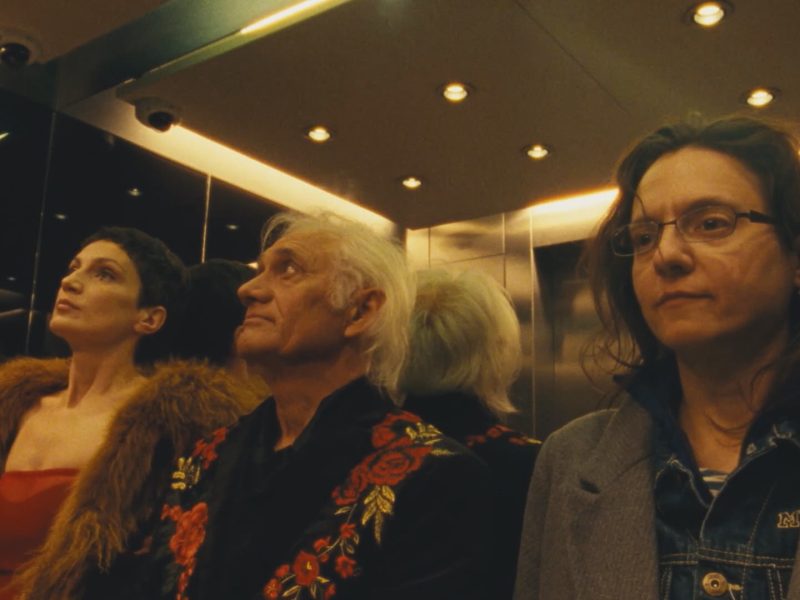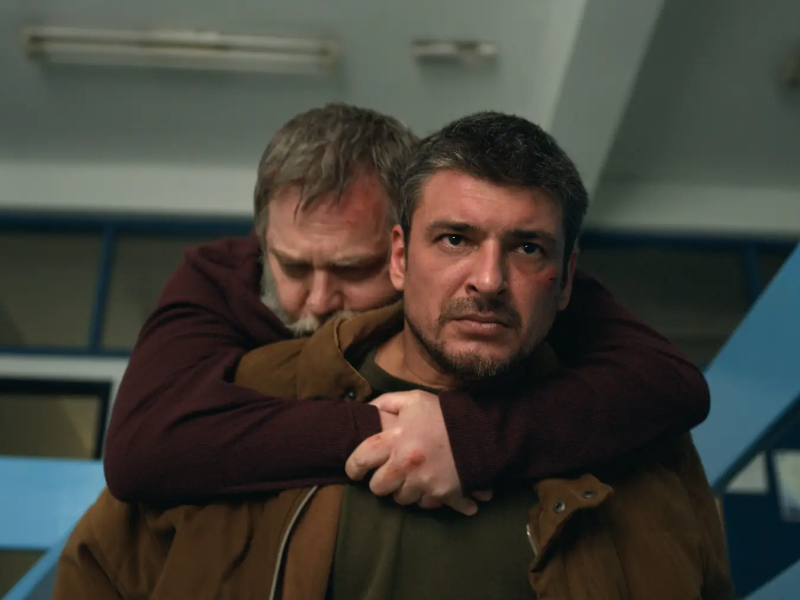Nouvelle Vague: New Wave, Old Tale
Review of Nouvelle Vague (Zurich Film Festival)
TITLE: Nouvelle Vague / DIRECTOR: Richard Linklater / SCREENWRITERS: Holly Gent, Vincent Palmo Jr., Laetitia Masson (adaptation), Michèle Pétin (adaptation) / CAST: Guillaume Marbeck, Zoey Deutch, Aubry Dullin, Paolo Luka Noe, Adrien Rouyard… / DURATION: 106’ / COUNTRY: France, USA / YEAR: 2025
It seems like evidence that Richard Linklater’s latest film would premiere at the Cannes Film Festival, as it did earlier this year. Nouvelle Vague, a film about French cinema enthusiasts and made for French cinema enthusiasts, was destined to resonate particularly with the Croisette audience (it even features a couple of scenes shot at the festival). This movie also marks the second premiere in an exceptionally prolific year for Linklater, whose Blue Moon screened at the Berlinale just months before Cannes.
Nouvelle Vague portrays the tumultuous 23 days of the shooting of Breathless (À bout de souffle, 1960), a film that would become the quintessence of the French New Wave, cementing Godard as an auteur and establishing Jean Seberg and Jean-Paul Belmondo as icons. Yet, on the first day of shooting, nothing seemed less certain: Godard is still a tormented film critic desperate to get a ticket to the Cannes premiere of Truffaut’s The 400 Blows (Les Quatre Cents Coups, 1959), Belmondo spends more time boxing than in front of the camera, and Seberg cannot wait to move on to her next Hollywood project. The film meticulously chronicles each day of this incomparable shoot while, one by one, introducing the main figures of the French cinema industry of the late ’50s (Eric Rohmer, Roberto Rossellini or Agnès Varda), who all seem to grab coffee at the same café and chain-smoke cigarettes at the same parties.
Packed with references, nods, and name-dropping, Nouvelle Vague often feels like a treasure hunt designed to delight true cinephiles on the lookout for Easter eggs. This comes at the risk of leaving an audience unacquainted with Les Cahiers du cinéma or Jean Cocteau perplexed. The cast is a convincing ensemble of new faces, with the exception of Zoey Deutch, who fittingly plays the established American actress, Jean Seberg. Such a choice gives a breath of fresh air to this troupe of up-and-coming actors, as eager to prove themselves as Godard, Truffaut and Chabrol were. Deutch strikes the right chord amongst them, with a French as difficult to understand as Seberg’s.
While Linklater manages to emulate the style of the early New Wave, with the help of a compelling jazz score, a square aspect ratio and a grainy monochromatic texture, he struggles to capture its true essence. The film is missing a spark of irreverence or the ambition to be more daring. This could have elevated it beyond a mere homage and an object of marvel for Cannes Film Festival aficionados into a veritable embodiment of what it aims to portray. Linklater remains rather didactic in his narrative approach and, unfortunately, fails to bring any novel idea to either theme or form. This is especially disappointing coming from a director known for challenging cinematic codes (the Before trilogy [1995-2013] and the decade-spanning Boyhood [2014]).
That being said, whenever it dives into Godard’s manic bursts of creative genius, the film comes alive with infectious energy and palpable joy. It’s captivating to see the onscreen narrative of Breathless being forged in real time by the off-screen chaos among the crew, who, rather than a (famously inextant) screenplay, become themselves the driving force of the shoot. The pleasure of wandering with this happy bunch amongst the carefully reconstituted 1950s Parisian streets, from exiguous hotel rooms to underground metro stations, is undeniable. The spectator is swept along and leaves the screening with a potent mix of disappointment at being unable to join such a snobbish Parisian circle and a desire to pick up a camera and film the world around, as Godard so breathfully did.
Photo Credits: NV2┬®JeanLouisFernandez.




